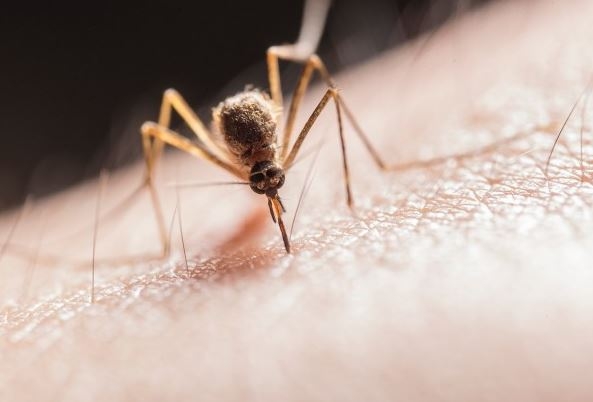In recent years, Africa has seen a surge in the spread of malaria, a deadly disease transmitted through mosquito bites. While malaria has long been a public health concern in Africa, the recent increase in cases can be attributed to the impact of climate change on the continent. According to experts, rising temperatures and changing rainfall patterns are creating more favorable conditions for mosquitoes to breed and spread malaria.
Malaria is one of the world’s most significant public health challenges, with an estimated 229 million cases and 409,000 deaths reported in 2019, according to the World Health Organization (WHO). Sub-Saharan Africa accounts for the majority of malaria cases and deaths worldwide. However, while significant progress has been made in the fight against malaria in recent years, the situation in Africa remains dire.
Experts warn that climate change is exacerbating the problem, with rising temperatures and changing rainfall patterns creating the ideal conditions for mosquitoes to thrive. For instance, higher temperatures accelerate the development of the malaria parasite in mosquitoes, allowing them to transmit the disease more easily to humans. In addition, changes in rainfall patterns can create stagnant pools of water, which serve as breeding grounds for mosquitoes.
The impact of climate change on malaria is particularly pronounced in Africa, where the disease is endemic in many countries. For instance, in Kenya, malaria transmission is strongly associated with temperature and rainfall patterns. According to a study published in the Journal of Infectious Diseases, the number of malaria cases in the country could increase by 20% by the end of the century due to climate change.
Similarly, in Tanzania, the impact of climate change on malaria is evident in the country’s highlands, where the disease was previously uncommon. However, rising temperatures and changing rainfall patterns have created the ideal conditions for mosquitoes to breed, leading to an increase in malaria cases in these areas.
The impact of climate change on malaria is not limited to East Africa. In West Africa, researchers have noted an association between changing rainfall patterns and malaria transmission. For instance, in Burkina Faso, a study published in the journal Scientific Reports found that a one-week delay in the onset of the rainy season was associated with a 0.7% increase in the number of malaria cases.
Despite the evidence linking climate change and malaria, efforts to address the problem have been limited. While many African countries have developed national malaria control programs, these efforts have largely focused on traditional interventions such as insecticide-treated bed nets, indoor residual spraying, and artemisinin-based combination therapies. While these interventions are critical in the fight against malaria, they may not be enough to address the impact of climate change on the disease.
To address the impact of climate change on malaria, experts recommend a more comprehensive approach that includes both traditional malaria control measures and efforts to address the root causes of the problem. For instance, reducing greenhouse gas emissions to slow the pace of climate change could help to limit the spread of malaria in Africa. Similarly, improving access to clean water and sanitation could reduce the number of stagnant pools of water, which serve as breeding grounds for mosquitoes.
In conclusion, the impact of climate change on malaria in Africa is a growing public health concern that requires urgent action. While traditional malaria control measures are critical in the fight against the disease, they may not be enough to address the impact of climate change. To truly address the problem, a more comprehensive approach that includes efforts to address the root causes of the problem is needed.

